Bengaluru, Mar 8: The economic slowdown in the country had a cascading effect on Karnataka, as its growth rate for outgoing fiscal 2019-20 is projected to be 6.8 per cent against 7.8 per cent in the last fiscal (2018-19), a senior official said on Saturday.
"The Gross State Domestic Product (GSDP) is estimated to be 1 per cent less at 6.8 per cent for this fiscal from 7.8 per cent in the last fiscal due to slowdown in manufacturing (industry) and services sectors," an official of the state finance department told media.
Though the agriculture sector has revived from 1.6 per dent in the drought-hit last fiscal (2018-19) to register 3.9 per cent this fiscal, growth rates of industries and services will be 4.8 per cent and 7.9 per cent for 2019-20 against 5.6 per cent and 9.8 per cent respectively in 2018-19.
"The GSDP is projected to grow at 6.3 per cent in the ensuing fiscal of 2020-21 due to continued slowdown in the national economy," the official hinted.
According to the state's economic survey for 2019-20, the farm sector grew more than double to 3.9 per cent from 1.6 per cent a year ago due to increase in the production of foodgrains, dairy products and fish catch.
Foodgrain production across the state rose to 136 lakh tonnes from 128 lakh tonnes a year ago, the survey revealed.
"In line with the national Gross Domestic Product (GDP) growth rate decline, Karnataka's GSDP has declined from a high of 13.3 per cent in 2016-17 to a low of 6.8 per cent in 2019-20.
"The GSDP has declined from a double-digit growth of 10.8 per cent in 2017-18 to 7.8 per cent in 2018-19 and 6.8 per cent in 2019-20," the survey pointed out.
The survey has adopted the all-India growth rate for the services sector growth in the state, which reflects the impact of slowdown in the key sector.
At current prices, the southern state's GSDP is expected to be Rs 16,99,115 crore (budget estimates) with a 10 per cent growth rate in the next fiscal (2020-21).
"Real estate, professional services and ownership of dwellings contributed 35.31 per cent to the GSDP in 2019-20, followed by manufacturing with 15.32 per cent, trade and repair services 9.51 per cent and crops 7.44 per cent," said the survey findings.
Per capital income in the state at current prices is estimated to be Rs 2,31,246 in 2019-20, an increase of 8.8 per cent from Rs 2,12,477 in 2018-19.
"The per capita income in the state is 58.4 per cent more than that of all-India rate at Rs 1,35,050 in this fiscal," the survey added.




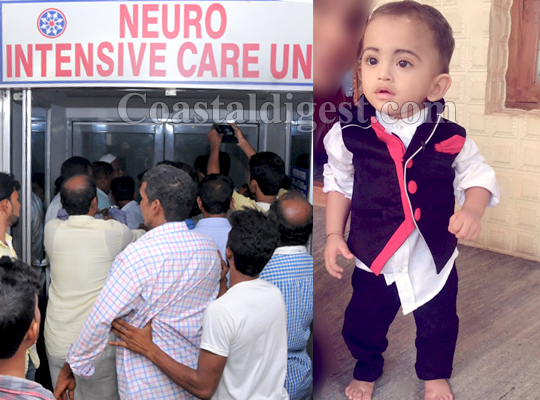
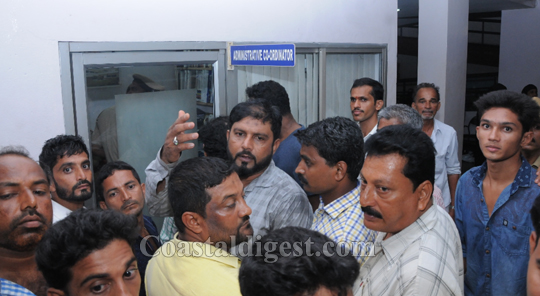
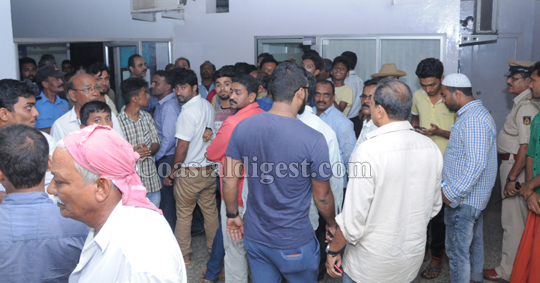
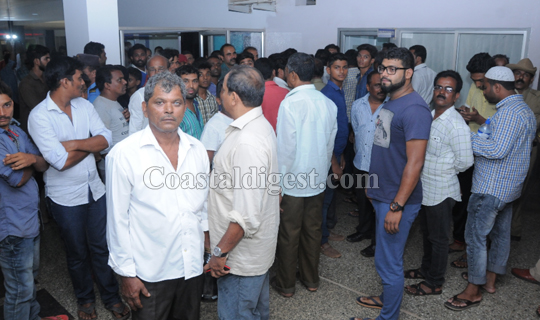
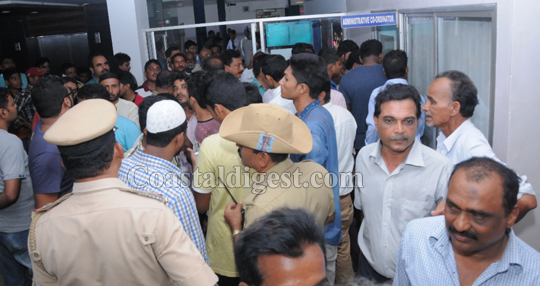
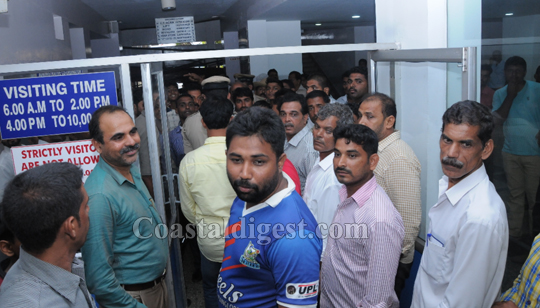
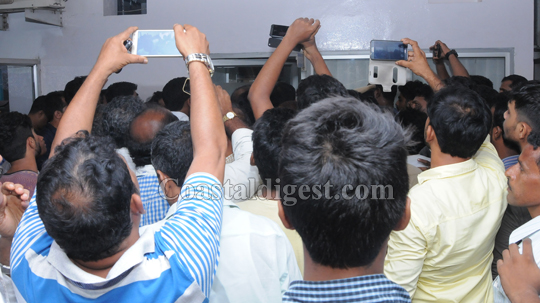
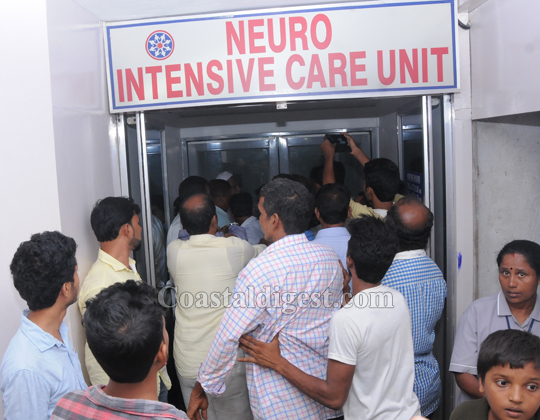

Comments
Inna lillahi wa inna ilaihi rajioon. Sad incident. May Allah give sabr to the childs family
However, Its not respectful to resort to such things. If u find something unnecessary u can request the billing to explain.
The public as a whole must understand this. Quite often we complaint that hospitals and doctors do day light robbery from the patients. But we dont understand a doctors day and night hardships and a businessmans initial risk in running and maintaining a hospital with the best quality.
Its like buying an audi car first and then complainting about the high maintenance costs.
Rahmatullah 'Alayk
Allah Yarhamak
really sad, may god give strength to his family to overcome of kid loss.
Add new comment